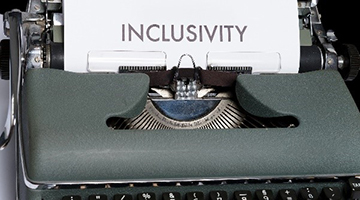Steps to decolonise the curriculum within the School of Biological and Environmental Sciences
School Equality Diversity and Inclusion (EDI) Coordinator – Dr Nicola Koyama n.f.koyama@ljmu.ac.uk
Decolonising the curriculum is a concept that can be interpreted in many ways depending on experience, background and cultural context. Efforts to decolonise the curriculum originated in the ‘Global South’ several decades ago and whilst decolonisation is about removing colonial structures and influence, it can be relevant to us in terms of intellectual decolonisation (Moosavi 2020). We can use a decolonial lens to identify and address contemporary inequalities in education that are associated with colonial history to ensure our curriculum is fully inclusive to students of all backgrounds.

Bringing a decolonial perspective to our curricula and pedagogy involves a dynamic and continual process of self-reflection, of questioning together with colleagues and students, regardless of background, what we know and how we come to know it and of open dialogue with diverse individuals, cultures and views.
Faq Items
Attacking the gap
In January 2021, our School began taking steps to increase staff and student awareness of decolonial thought and to apply this perspective to our curricula. Initial steps have included:
- A School Repository with examples of subject-specific resources for all programmes
- A Seminar Series - Decolonising the science curriculum: Ideas for biological sciences
This was a public seminar series organised by the School of Biological & Environmental Sciences and the LJMU Equality Team to increase awareness and encourage discourse on decolonising the curriculum in the sciences (February - April 2021).
Seminars
Seminars
Why do we need to decolonise science?
Bioprospecting, biopiracy and the impact on indigenous bioresources and medical knowledge
Decolonising zoology
Decolonising the history of evolutionary biology
Decolonising DNA & science from an Indigenous perspective
Critical pedagogy and decolonising the curriculum
- A School-wide audit (using a template the creation of a template based on UCL’s Inclusive Curriculum) of where decolonial approaches appeared in curricula and pedagogy in 2020-21, with detailed plans of how to begin embedding decoloniality within all taught programmes.
Get in touch with us
If you are interested in any of the School’s developing activities, or have questions, please get in touch with the School EDI Coordinator, Dr Nicola Koyama at n.f.koyama@ljmu.ac.uk. And of course, we’re always keen to hear about any other activities being developed in the Sciences.







